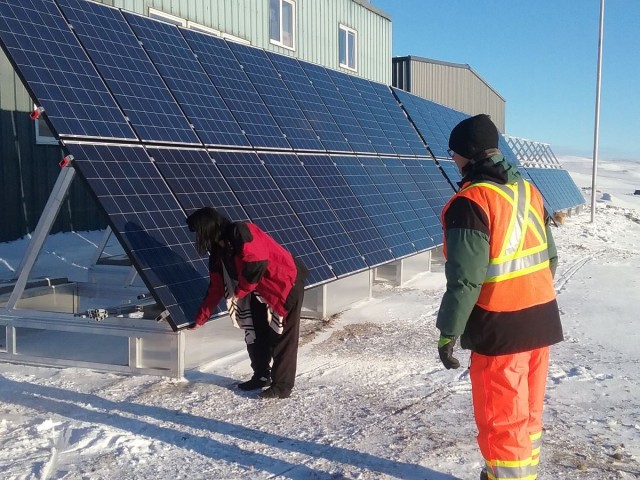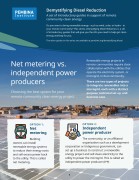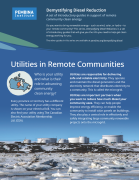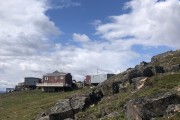The Pembina Institute’s Renewables in Remote Communities program supports remote and Indigenous communities in their pursuit of energy sovereignty and security. This work is made possible with the support of an Indigenous Advisory Council made up of six Indigenous clean energy leaders from across Canada.
Indigenous Advisory Council
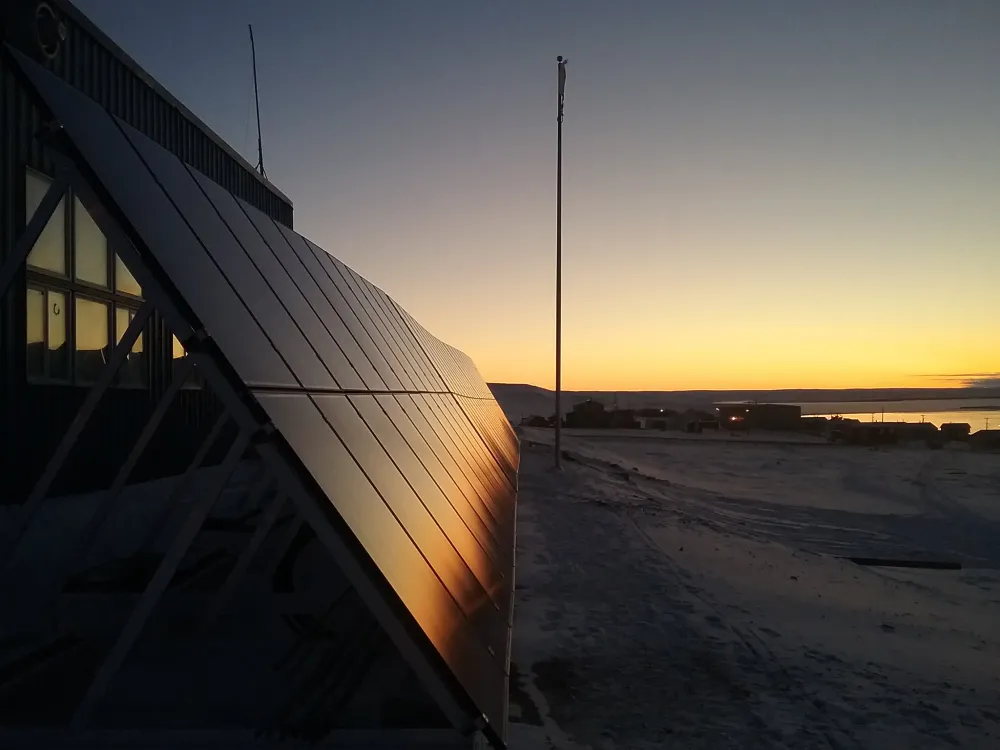
The clean energy transition in remote communities
Of the roughly 210 diesel-dependent remote communities in Canada, about 170 are Indigenous. This has a number of implications for the way Canadian governments approach and address both remote clean energy development and diesel reduction.
Learn moreWhy we need Indigenous perspectives to do our work
Through our research, we have come to understand that Indigenous rights and lived experience play a fundamental role in shaping pathways for diesel reduction and clean energy development in remote communities. This is in large part because most remote communities in Canada are Indigenous.
When we think about what it takes to create resilient, healthy, and affordable communities, we simply cannot move forward without the input and perspectives of Indigenous leaders who intimately understand the systems and processes that make the energy transition possible.
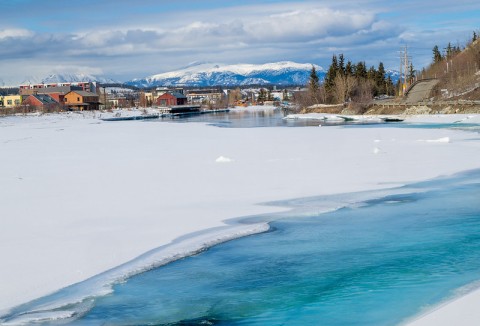
Why we work with an IAC
The Pembina Institute has been working on remote energy and diesel reduction for more than 20 years. As a non-Indigenous organization focused on Canada’s energy transition, it is important we work alongside the people who are driving change so we can better understand the barriers standing the way of progress.
Working alongside an Indigenous advisory council, we learn more about Indigenous energy perspectives and traditional knowledges. We also learn more about the rights, processes, and institutions that play a fundamental role in community energy systems.
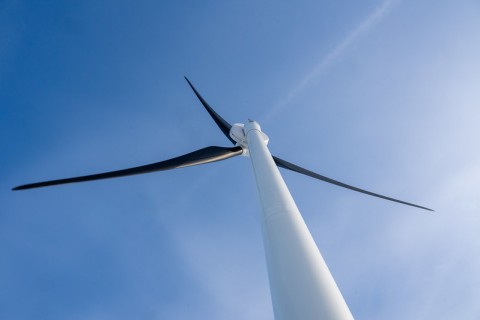
How we work together
We meet regularly with the Indigenous Advisory Council to seek their input on the direction of our research and advocacy. The IAC is invited to contribute their perspectives and inputs into our work across the entire process of research generation and policy advocacy.
From ideation to distribution, the council’s perspective ensures that Indigenous and local perspectives are reflected across the entirety of our research. This council also plays an important role in scrutinizing and improving our work so what we do meets the needs of communities.

Meet the Council members
Blaine Chislett, Entrepreneur and Former Manager of Energy & Sustainability at Sakku Investments Corporation
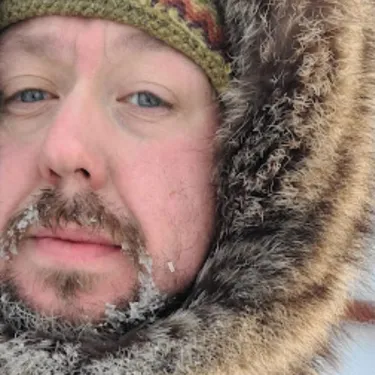
Biography
My name is Blaine Chislett, and I proudly hail from the Inuk community of Rankin Inlet in Nunavut. Over the past five years, I have been passionately dedicated to advancing renewable energy initiatives in remote communities. Today, I am excited to embark on a new chapter in my journey, as I just left my role of Manager of Energy & Sustainability at Sakku Investments Corporation, where I can direct my energies towards the renewable push, fortified by the backing and support of Sakku Investments Corporation.
My journey has seen several milestones that have shaped my expertise and commitment to renewable energy. I am a proud alumnus of the 20/20 Catalyst Program, which provided me with valuable insights into sustainable energy solutions.
In 2022, I had the privilege of representing indigenous voices at the COP 27 conference in Egypt as one of the three indigenous trailblazers in renewable energy. This experience broadened my horizons and deepened my resolve to drive positive change.
Furthermore, I am honored to have been chosen as a recipient of the first cohort of the Indigenous Off Diesel Initiative (IODI) program by the federal government of Canada. This initiative is pivotal in our efforts to reduce our dependence on fossil fuels and embrace greener alternatives.
At present, I am actively engaged in my studies to be granted my engineering degree here in PEI as well as start my own company to help direct the energy push to energy sovereignty in the north for the current generations and hopefully the generations to come.
Darrel Brown, President of Kisik Commercial Furniture and Kisik Clean Energy
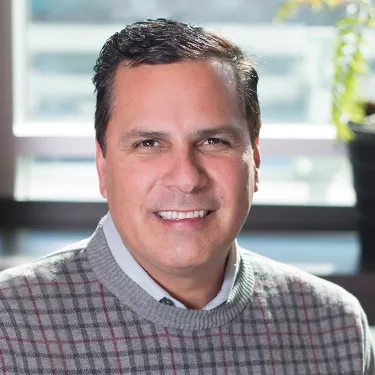
Biography
Darrell Brown is a Cree business owner based in Winnipeg. Darrell is President of Kisik Commercial Furniture and Kisik Clean Energy. He is a founding member and past chair of the Aboriginal Chamber of Commerce based in Manitoba. He holds an Advanced Diploma in International Business from Red River College in Manitoba and a Certificate of Indigenous Leadership, Governance and Management Excellence from the Banff Centre. Darrell holds the designation of ICD.D from The Rotman Directors Education Program through The Institute for Corporate Directors. Darrell also holds a certificate in the 20/20 Catalyst program focusing on the Indigenous Renewable Energy Sector. He is past chair of the Indigenous Clean Energy Network, a national social enterprise that supports indigenous renewable energy projects in Canada. Darrell sits on the Advisory Board of Director for Carbon Removal Canada.
Erika Tizya-Tramm, Manager of Community Partnerships with Northern Energy Innovation at Yukon University
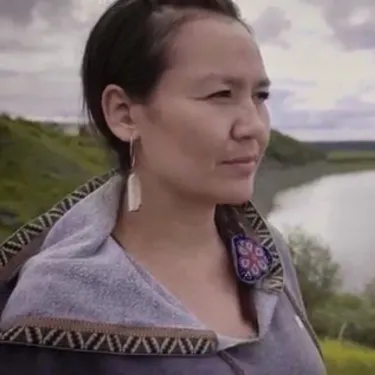
Biography
Erika Tizya-Tramm serves as the Manager of Community Partnerships with Northern Energy Innovation at Yukon University. As a member of the Vuntut Gwitchin First Nation, she is deeply committed to Indigenous Nation-building by advancing environmental stewardship and sustainability priorities. With over two decades of experience in land and resource management, Erika is uniquely positioned at the intersection of traditional Indigenous stewardship values and modern sustainability practices. She has successfully led Indigenous-driven initiatives in land use planning and management, policy and legislative development, and renewable energy projects such as solar and wind, aimed at reducing carbon footprints and fostering energy sovereignty. Her work emphasizes the integration of traditional knowledge with innovative approaches to create sustainable futures for Indigenous communities. Outside of work, Erika enjoys spending time laughing with family and friends.
Grace Nakimayak, Clean energy coordinator for the Paulatuk Energy Working Group
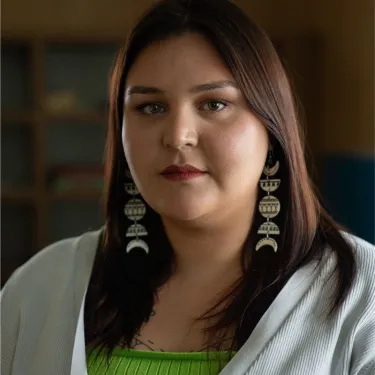
Biography
Grace Nakimayak is the clean energy coordinator for the Paulatuk Energy Working Group. She started in this role in October 2021 to carry out the clean energy ambitions of the working group, which includes community leaders from the Hamlet of Paulatuk, Hunters and Trappers Committee, Elders Committee and Paulatuk Community Corporation. Grace is a proud Inuvialuit woman, born in Yellowknife and grew up living all over the country. Grace is passionate about helping her community reduce their cost of living as well as improve the quality of life, developing economic opportunities and implementing initiatives to reduce fossil fuel consumption. In her free time, she loves getting out on the land, hunting, camping and fishing.
Jason Aitchison, General manager of Kuujjuamiut Corporation

Biography
Jason is from Kuujjuaq, Nunavik, were has works as the General Manager of Kuujjuamiut Corporation, a community development organization. Jason is also a long serving member of the Board of Directors of the Nayumivik Landholding Corporation which owns and administers Kuujjuaq Category I lands. He is very keen to learn about potential green energy projects that could be feasible in the north. His goal in the program is to see clean energy initiatives developed by his community that will have the least impact on the environment, while maximizing the benefits to the community & working towards eliminating the regions dependence on diesel powered energy.
Michelle Myers, Lead, Ses Gwelax Consulting
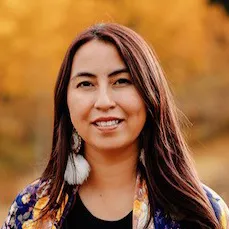
Biography
Michelle Myers, BA, Cert. AGP, MCPM, leads Ses Gwelax Consulting. She is a proud member of the Xeni Gwet’in First Nations, located in the central interior of B.C. Michelle brings a strong academic foundation to her work, with a Bachelor of Arts in Native Studies and a Certificate in Aboriginal Governance and Partnership from the University of Alberta, a Master’s Certificate in Project Management from the University of Victoria and is a licensed Advanced Drone Operator. In her previous role with XGFNG, Michelle founded the Nenqay Department (Lands and Resources) and helped draft many lands-related plans while supporting clean energy development with a community-centered focus. Passionate about empowering Indigenous communities, Michelle focuses on supporting their paths to self-governance by offering valuable tools, resources, and partnerships.
Council Contributions
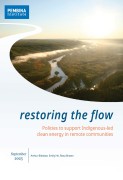
Restoring the Flow
Policies to support Indigenous-led clean energy in remote communities



High-penetration renewable energy microgrids
Maximizing community diesel reduction

Contact our Renewables in Remote Communities team
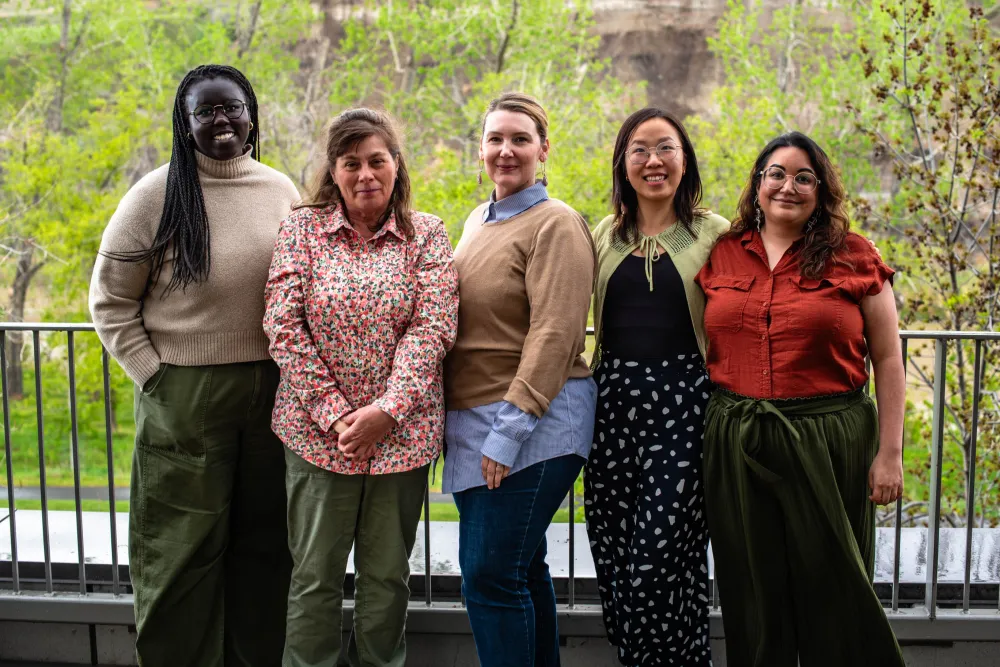
Program Director
Lynne Couves
c: 403-483-3850
e: lynnec@pembina.org
Media Contact
Bhan Gatkuoth (Mountain Time)
c: 587-742-0818
e: bhang@pembina.org
Get our Pembina Perspectives
Pembina Perspectives provides thoughtful, evidence-based research and analysis to support action on climate — in your inbox every two weeks.
We endeavour to protect your confidentiality; read our full privacy policy.
